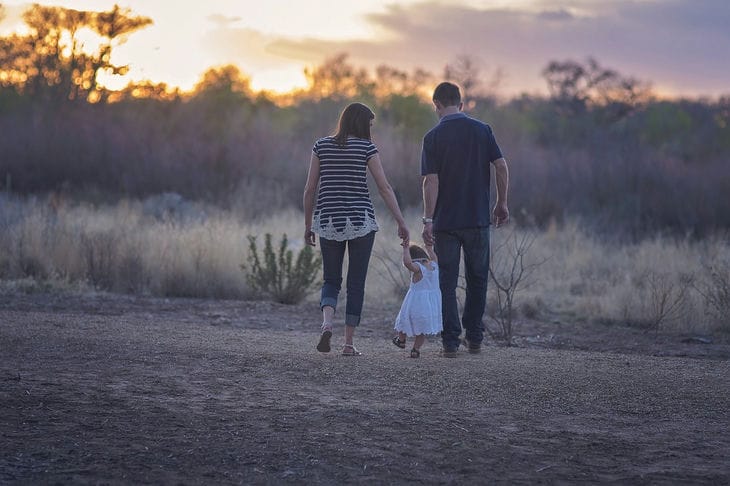Parents face many problems every day - bad weather conditions, viruses, traffic jams on the way to work or kindergarten.
This is only a small part of the troubles that throw parents and children off balance. Little kids have their own moods and emotions. Any words and phrases can offend a child.
But how do you control what you say and what shouldn't you say to children?

I told you so
The most stereotypical parental statement that irritates even adults. You shouldn't tell this to a child.
As long as the baby's health is not in danger, he can play calmly. Even if the outcome of the fun is already known. Children have the right to explore the world and learn from their mistakes.
Don't cry
Such words for children from an early age force them to deny emotions. Crying for young parents causes a feeling of fear and confusion. The phrase subconsciously tells the child that denying emotions is the right thing to do.
A conversation that helps the baby understand the reason for anger, fear or sadness calms and gives a sense of security. A child's crying is a manifestation of emotions. In such situations, you should help the child, and not force him to hide his emotions.
Calm down
How would adults feel if they heard these words? Calmer? Hardly.
A child has every right to show emotions, including negative ones. Suppression of emotions is the cause of emotional and behavioral disorders. A person with negative emotions must find a way to eliminate them. And if this is an emotionally immature child, then crying and screaming are one of the options.
I don't like your behavior.
How does a child understand this phrase? That they are not proud of them because of actions that parents do not like. That love will appear only during behavior that mom or dad likes.
Do parents really want their child to behave the way others want? It should be understood that love for children depends on self-acceptance and love for other people.
Instead of saying, "I don't like it when you do that," you could say, "I understand how you feel. I'm sorry you're upset. Tell me what happened."
Look what you've done
How does a child understand the phrase? "I did something wrong again. I feel like I'm not good enough. I shouldn't make mistakes, I'll avoid doing anything, because my parents will yell at me again."
How do adults feel when they are constantly blamed for any mistake? At this point, many feel insignificant.
Why try something new if all your efforts will go unnoticed? Give your children the opportunity to make mistakes.
Earlier we wrote about what you shouldn’t do in a relationship.








